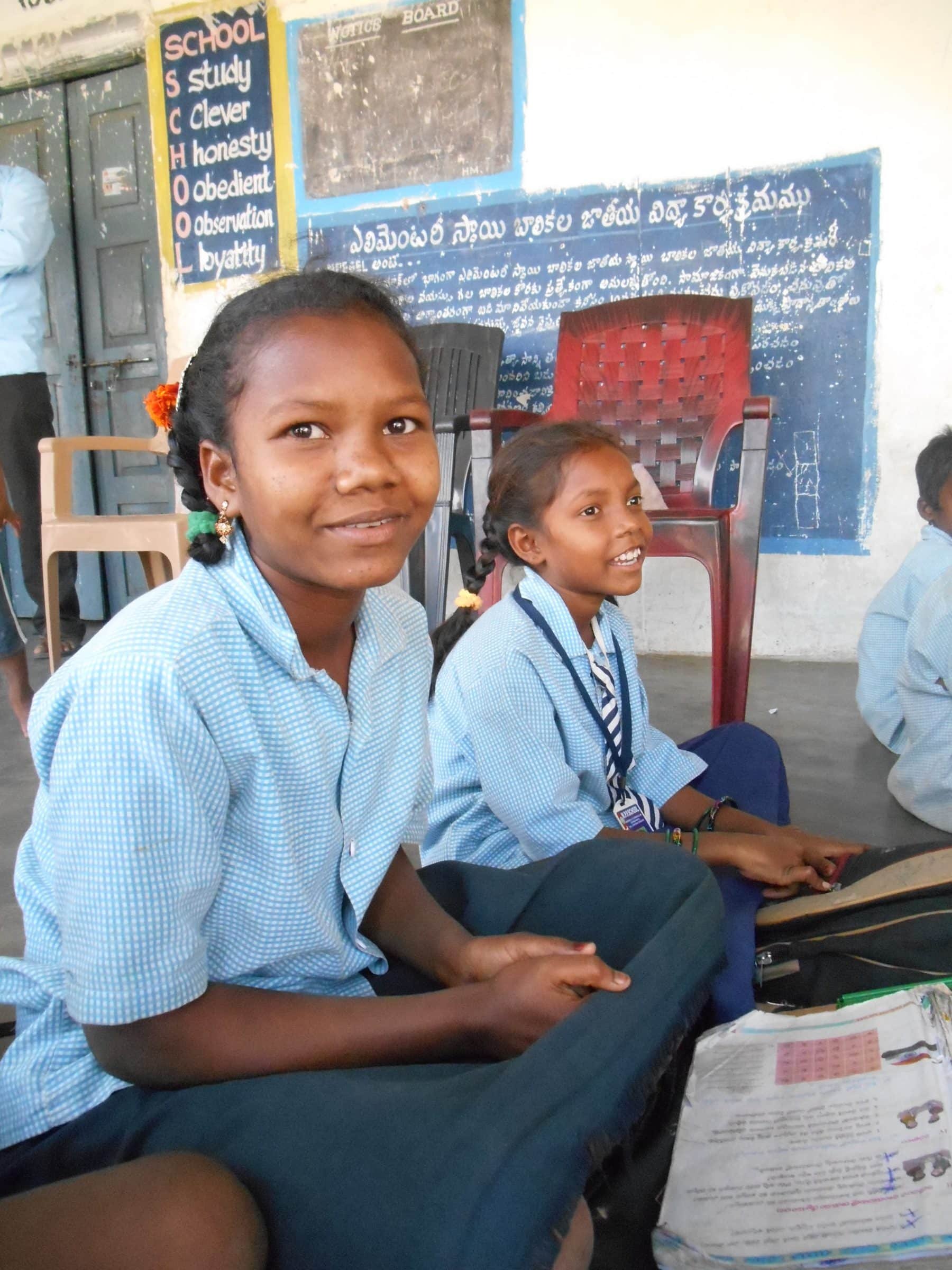Project: Tribal Education in partnership with Lions Family Welfare Planning Trust
Location: Vizianagaram District, Andhra Pradesh
Category: Education
Lions Family Welfare Planning Trust (LFWPT) identified lack of education as a primary concern within tribal populations, and this became the focus of IDS intervention. Children from vulnerable communities find it difficult to learn in traditional school settings. Their inability to assimilate in a traditional classroom is a key factor that contributes to failing grades and high dropout rates. In addition, the remote location of some hamlet communities, combined with the heavy rains and subsequent flash flooding, interferes with the children’s ability to attend government schools. Without IDS’s intervention, illiteracy would continue to grow in these communities.
With IDS support in 2008, our program started out in a small hostel set up to accommodate 6th through 10th grade boys who wanted to attend school. Since then, the program has grown in size, scope, and the quality of services provided. This hostel has become the hub for a network of the six hamlet schools we now serve. Additionally, we have started to establish upstream and downstream links to lead tribal children from their hamlets to school, through college, and to opportunities beyond. Our hamlet-to-hostel network consists of 233 children in hamlet schools and 58 children in our hostel. Our unit cost remains at about $75 to educate one tribal child per year.
The central objective behind setting up a hostel/orphanage for tribal children was to create an environment where top-performing students from our network of hamlet schools would be able to continue their education through grade 10. We believe this propels children in grades 1–5 to excel academically while reducing malnutrition. Last year in our hostel, we accomplished both goals; students achieved stellar marks and no longer qualified as malnourished students.
In spite of the good academic performance in the hamlet schools, we found that the children there suffer from moderate to severe malnutrition (caused by inadequate diets) and rampant communicable diseases. As a result, we decided to recruit hamlet children residing in our hostel to act as change agents; they developed a health campaign and visited affected hamlets to promote basic hygiene techniques and to encourage residents to implement practices such as boiling drinking water, washing hands properly, and eating local fruits.

Unfortunately, in October 2014, category 4 Cyclone Hudhud bore down on eastern Andhra Pradesh with 120 mph sustained winds. IDS’s network of tribal schools and hostel was in the direct line of the storm. The cyclone damaged our hostel, destroyed at least three of our six schools, and flattened many villagers’ homes. The students in our hostel bounced back quickly, but the children in our hamlets seemed to regress both academically and nutritionally.
Field-based evidence indicates that tribal hamlets lack resilience at the individual and community levels. IDS’s next intervention seeks to build individual and community resilience through health care education and agricultural support to enable hamlets to better withstand unexpected disasters.
–2014 IDS annual report

